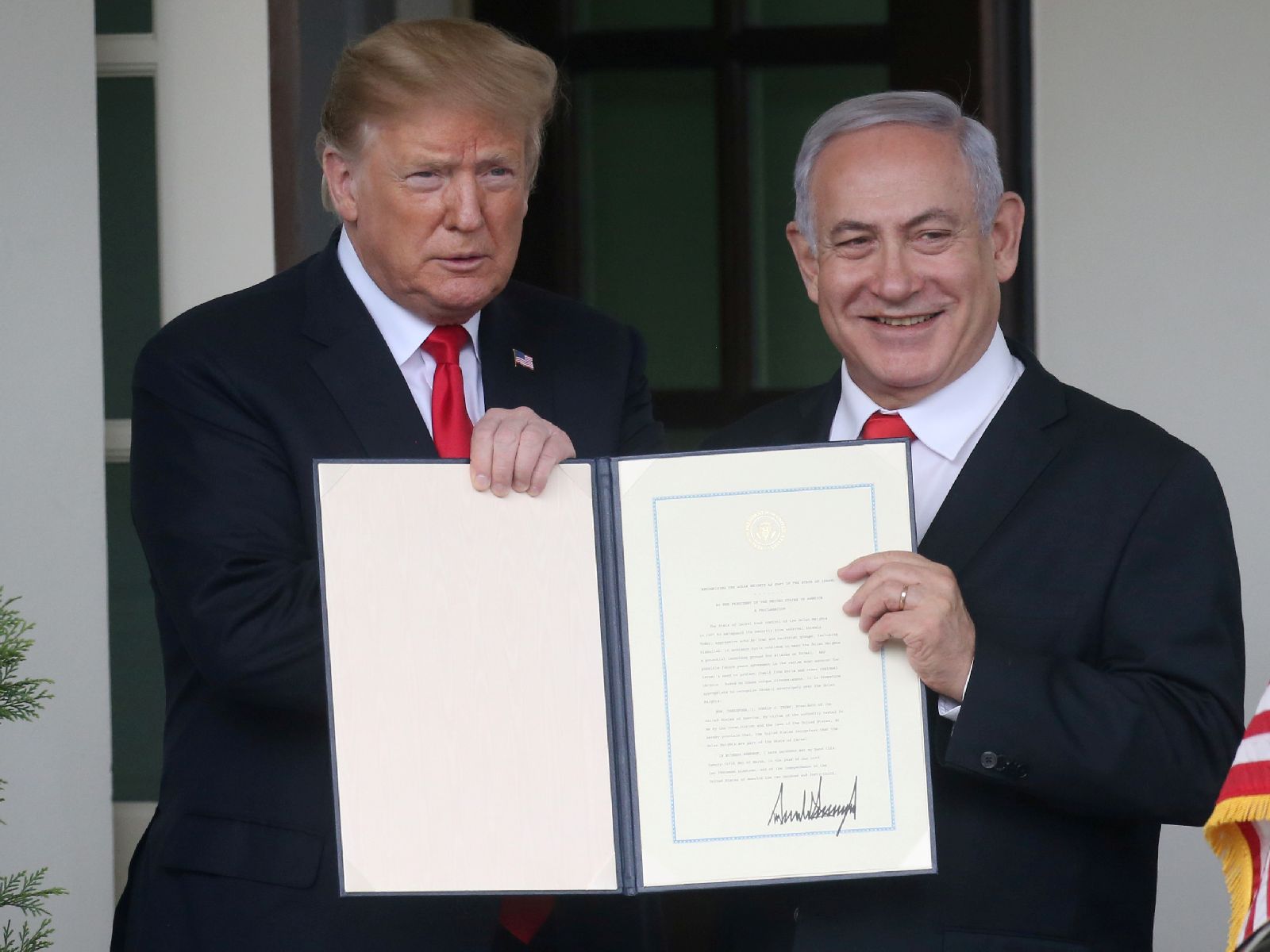Washington’s recognition of the Golan Heights as Israeli territory reveals once again a problematic tendency in contemporary international law: its fragmentation along regional or national lines.
For the international community, recognition is a national issue rather than a collective one but, as a result, we have situations like the Golan Heights, over which the US now recognises Israeli sovereignty but the EU, for instance, continues to make clear it does not.
We have seen this sort of fragmented picture before, in situations such as the (non-)recognition of Kosovo, which at least some medium-sized Western countries (for example, Spain and Romania) have not recognised as a state (at least until Serbia does). However, the US and major Western European countries (e.g. Germany, France and the UK) have so far managed to avoid opposing attitudes on major geopolitical issues over the recognition of new states. President Trump’s decision now changes this reality and we will have the US and Western European countries representing different positions on the sovereignty of the Golan Heights.
Substantively, the status of the Golan cannot be separated from other territorial issues resulting from the 1967 war, such as East Jerusalem or the West Bank. Thus, formal US recognition of the Golan Heights as Israeli territory is also a judgement of sorts on the dismal outcome of the peace process so far. However, it also represents a kind of unilateralism and a mindset from Thucydides’ History of the Peloponnesian War: the strong do what they can, and the weak suffer what they must.
Russia, for one, will use the recognition to claim another violation of international law by the US, and point out Washington’s departure from the previous practice of the UN Security Council. Moscow may want to try to use the “fragmentation of recognition” in places like Crimea, where its long-term interest is to relativise and weaken the West’s policy of non-recognition. If countries increasingly gain the impression that, in contemporary international relations, every nation is first and foremost on its own and the international community as a whole is therefore weakened, Moscow may achieve more benevolent attitudes over its actions in Crimea from countries that have little to gain from taking a principled stand. Thus, unilateral decisions are not good news in places where some illegality has taken place—not to mention the fact that, due to historical circumstances, the situation in the Golan Heights is not exactly comparable to that in Crimea, for instance.


